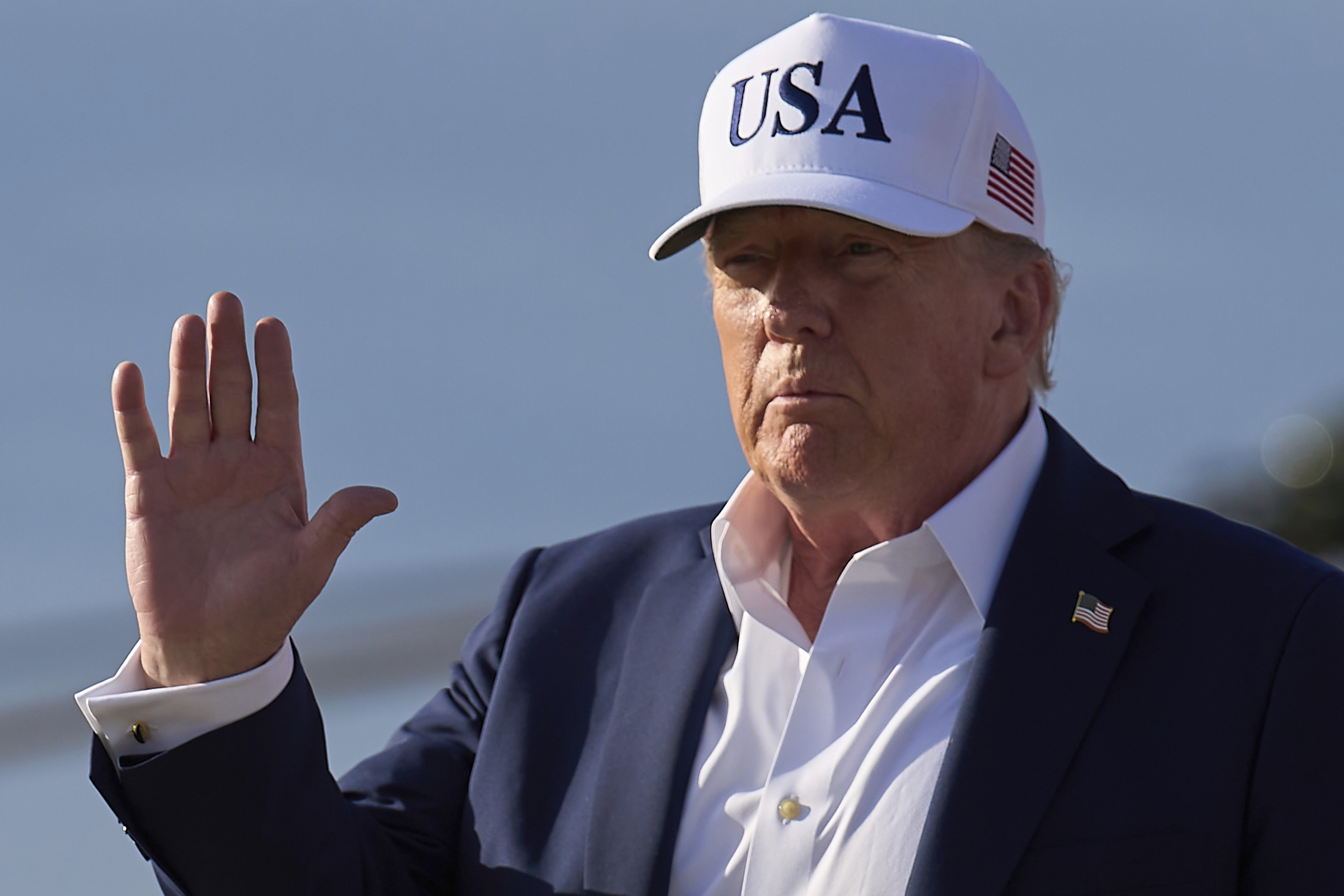Four senior US leaders issued a joint statement on 12/8 rejecting the "Net Zero Emissions Framework" proposed by the International Maritime Organization (IMO), a United Nations agency.
The officials included Secretary of State Marco Rubio, Commerce Secretary Howard Lutnick, Energy Secretary Chris Wright, and Transportation Secretary Sean Duffy.
The Trump administration added that it "will not tolerate any actions that increase costs for citizens, energy providers, shipping companies, and their customers".
 |
President Donald Trump at Joint Base Andrews, Maryland, on 6/7. Photo: AP |
President Donald Trump at Joint Base Andrews, Maryland, on 6/7. Photo: AP
The US is seeking the support of IMO member states. If that support isn't forthcoming, it will not hesitate to retaliate or find "remedial solutions" for its citizens.
The official vote on the IMO framework is scheduled for October.
This firm stance comes as the Trump administration uses tariffs to influence the behavior of countries including China, India, and Brazil.
In April, over 100 IMO members agreed on a framework to achieve net zero emissions across the shipping industry by 2050. This framework would impose a levy of 380 USD per ton of emissions exceeding a standard limit, with an additional penalty of 100 USD per ton exceeding a stricter limit. The maximum penalty for exceeding emission regulations would be 480 USD per ton.
The framework received support from 63 member states, including China, Brazil, and EU countries, with 16 votes against. If formally adopted in October, it will be the first global carbon tax for the shipping industry, expected to take effect from 2028.
The US withdrew from negotiations on the IMO's Net Zero framework in April but urged other members to reconsider the proposal.
Ships transport about 80% of global trade and account for nearly 3% of global CO2 emissions. The shipping industry is under pressure from environmentalists and investors to take more concrete climate action.
Bao Bao (Reuters)












